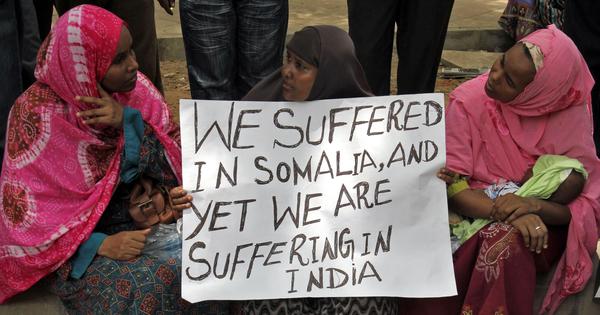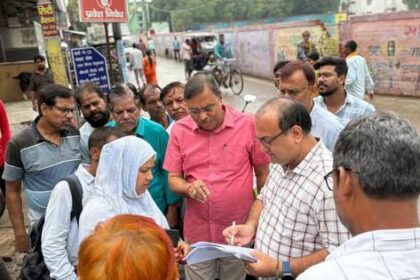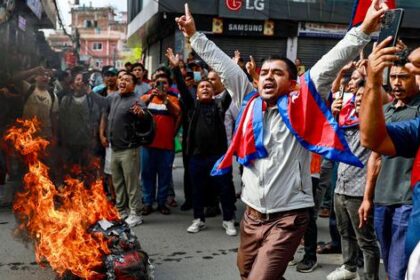Discussions highlight contrasting experiences of African refugees and Indians living in Africa.
Responses to various articles published in Scroll.in have shed light on the complexities surrounding India’s treatment of refugees and the experiences of Indian nationals living in African countries. A comment by Wjdey Moner emphasized that while the Indian state upholds respect for other nations, a significant portion of Indian society may not fully grasp the importance of human rights. Moner pointed out that Indians residing in Africa often enjoy respect and appreciation, fostering strong social bonds and fraternal ties within their communities.
In another discussion, Varun critiqued the article titled “India’s tech-driven Smart Cities Mission has destroyed the commons” for its lack of compelling arguments. He noted that a private entity’s actions led to debris being dumped on a footpath constructed under the Smart City initiative, suggesting that the responsibility lies with the private party rather than the project itself. Varun also mentioned that while the article claims a general neglect of footpaths in urban areas, it failed to substantiate these assertions with solid evidence, despite acknowledging some challenges related to pedestrian infrastructure.
Santosh Nair expressed concerns regarding the Maharashtra government’s Ladki Bahin Yojana, arguing that it has adversely affected other essential welfare schemes, such as the Shiv Bhojan food programme. He highlighted that these subsidized meals are crucial for people across different classes and castes, criticizing the government for prioritizing political gains over the needs of its citizens.
Biswanath Dash found an article discussing cloudbursts to be particularly insightful, suggesting that it warrants further exploration. Similarly, Malti Kelkar shared her thoughts on Hindustani classical music in Pakistan, reflecting on the decline of this art form since the country’s inception. She raised questions about the impact of political changes on artistic expression and lamented that no art should suffer due to such shifts.
Devarakonda Kanth praised a review by Malini Nair that addressed the impact of cultural extremism on syncretic traditions in both Pakistan and India. Meanwhile, Kumar AC Singh warned of the precarious state of India, describing a landscape characterized by partisan governance and a struggling judiciary. He called for a reasoned approach to uphold the law and constitutional ideals.
John Mathai highlighted the challenges faced by ethical doctors in India, pointing to the unrealistic expectations placed upon them and the adverse media portrayal that can tarnish their reputations. He stressed the need for greater protection for these professionals amidst increasing pressures within the healthcare system.
In a more personal reflection, Kishore Kumar expressed how vividly an article about a young Dalit boy’s life in Mumbai resonated with him, while Revathy Ramanathan found humor and truth in a parenting guide. Shoba Dasari drew parallels between historical nexus politics during the Mughal era and contemporary political dynamics in India, noting the ongoing struggle between central and state governance.
Lastly, PG Shanker reminisced about cherished memories with a friend’s family, highlighting the warmth and hospitality he experienced during his childhood. Roy Joseph concluded with admiration for a memoir celebrating a remarkable mother, recognizing the impact of such personal narratives on readers.








